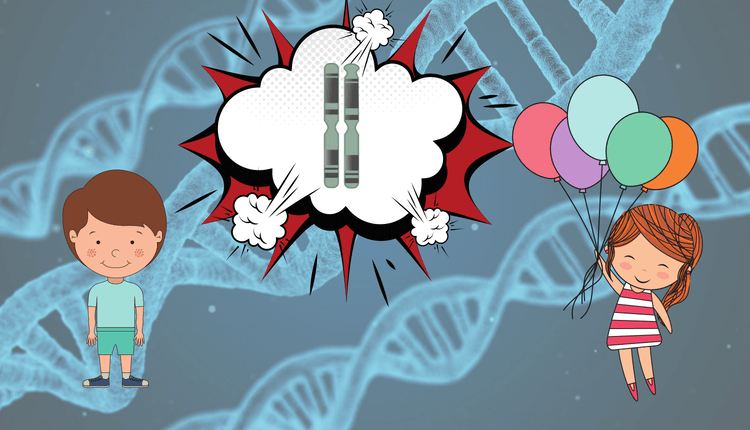How Non-Coding DNA Could Change Your Gender

Chromosomes play a major role in the determination of sex. But did you know that even a non-coding part of the DNA can alter the genitals that a person is born with? This is exactly what researchers at the Francis Crick Institute have discovered. According to them, male mice that do not have a particular non-coding part of the DNA develop ovaries instead of testes. This suggests that the gender of the mice gets altered due to the absence of a specific part of the DNA. This non-coding part, known as the enhancer 13 (Enh 13), helps in the production of the protein SOX9. SOX9, in turn, triggers the development of testes. Therefore, its absence triggers the development of ovaries. This discovery in mice may provide a solution to address the disorders of sex development in humans, especially because the Enh 13 region corresponds to a part of the human genome as well.
To know more, click here now!









